Photos by: Isabel Lopez Slattery
Broadcasting from stations across the country, Wimee — a vibrantly colored, whimsical robot — invites children on a playful journey of discovery through rhyme, wordplay, sketches and song. But the path to the screen wasn’t as cheerful as Wimee’s persona might suggest. Behind the joyful animations lies a story of persistence, creativity and a passion for early learning.
A U.S. Navy Seabee veteran, Michael Hyacinthe credits his time in the military — and the often-challenging transition back to civilian life — as the inspiration behind Wimee. The character first came to life through Wimage, a mobile app Hyacinthe created to help wounded veterans heal by transforming their words into visual art.
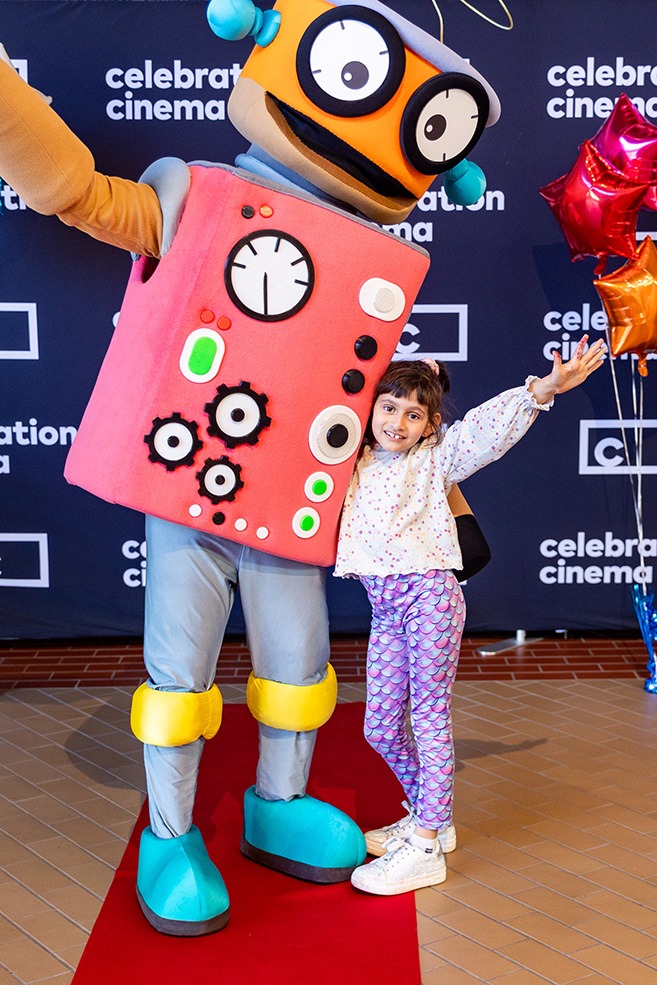
This process led to the creation of Wimee, a wide-eyed robot who, while not human, exhibits human-like qualities and a relatable personality. Initially brought to life as a puppet by Hyacinthe and co-creator Kevin Kammeraad, the duo began performing Wimee’s stories to schools and libraries in Michigan accompanied by the app Hyacinthe first developed.
“We received a lot of feedback that we needed to make the app kid-friendly,” Hyacinthe said. “So we went back to the drawing board to figure out how we could use technology to help kids learn, play and grow their social-emotional intelligence.”
Turning a challenge into an opportunity
In 2020, when the pandemic hit and schools transitioned to virtual learning, Wimee adapted alongside everyone else, transforming into a digital companion that offered creativity and connection to children at home when they needed it most.
“The rest is history. We partnered with the Michigan Learning Channel to bring it to local PBS stations and then within a short period of time we were screening Wimee’s Words all over the United States,” said Hyacinthe.
But Wimee isn’t just a screen star. Children have also been able to meet and interact with him in person through an exhibit at the Grand Rapids Children’s Museum in Grand Rapids, Mich.
“Wimee comes and literally interacts with our patrons, giving Michael the opportunity to meet kids and talk through the show with families,” explained Maggie Lancaster, CEO of the Grand Rapids Children’s Museum.
Helping creatives like Hyacinthe expand their work and become true resources for children, families and communities is exactly the kind of impact the W.K. Kellogg Foundation (WKKF) strives to support, explained Ashanti Bryant, a senior program officer at the foundation.
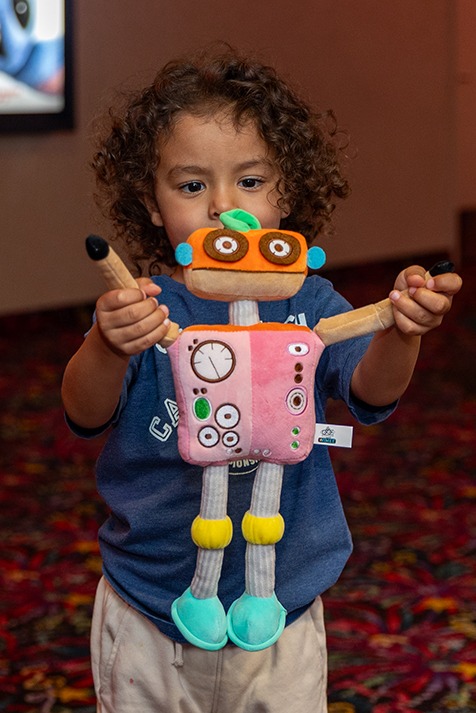
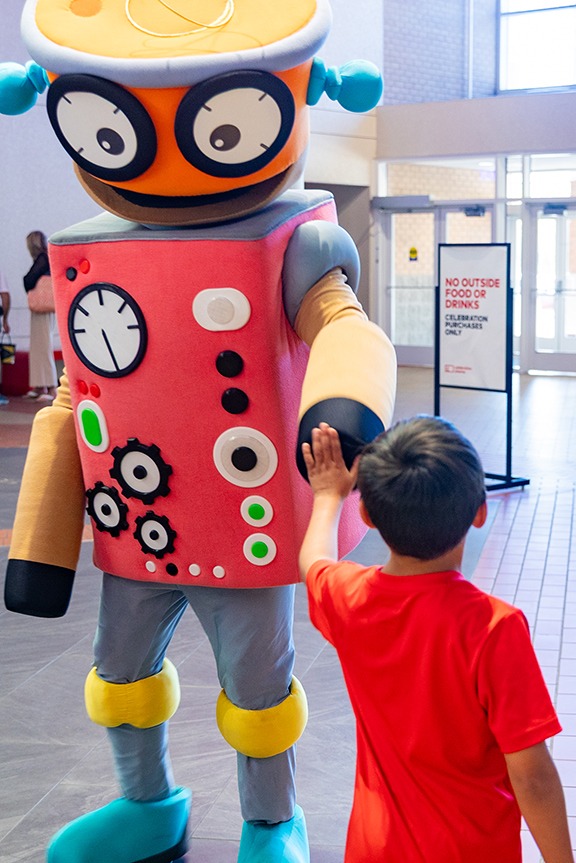
“The content Wimee provides is educational, accessible to all children in Michigan and offered at no cost. All a family needs is a device on which to view episodes and enjoy,” Bryant said. “I believe this is powerful and nostalgic of a different time when families had more sources and spaces for shows that supported teaching and learning.”
In fact, research demonstrates PBS shows like Wimee’s Words do more than entertain — they play a meaningful role in helping young children build foundational skills in literacy, math and social emotional learning.
Wimee’s Words touches on the importance of inclusion
Today, Wimee continues to engage in-person with children in meaningful and interactive ways in appearances at schools, libraries and theaters. He also comes to life on screen through Wimee’s Words on PBS — reaching nearly 50 million households nationwide — and online through the rapidly growing Wimee’s World YouTube channel.
Over the past three seasons, the show has used words, rhymes, songs and play to introduce children to science, technology, engineering and math. Since the beginning, Wimee has helped children explore complex topics, like how people’s experiences of the world are shaped by their perceived race and gender.
“We want Wimee to be that voice, that character who inspires kids to pursue lives of kindness, equity, imagination, innovation and opportunity,” Hyacinthe said.
Wimee also introduces children to experiences they might not encounter in their daily lives, whether it’s words or songs to learn or new places to visit. It’s these experiences that ultimately help foster greater understanding and connection between people.
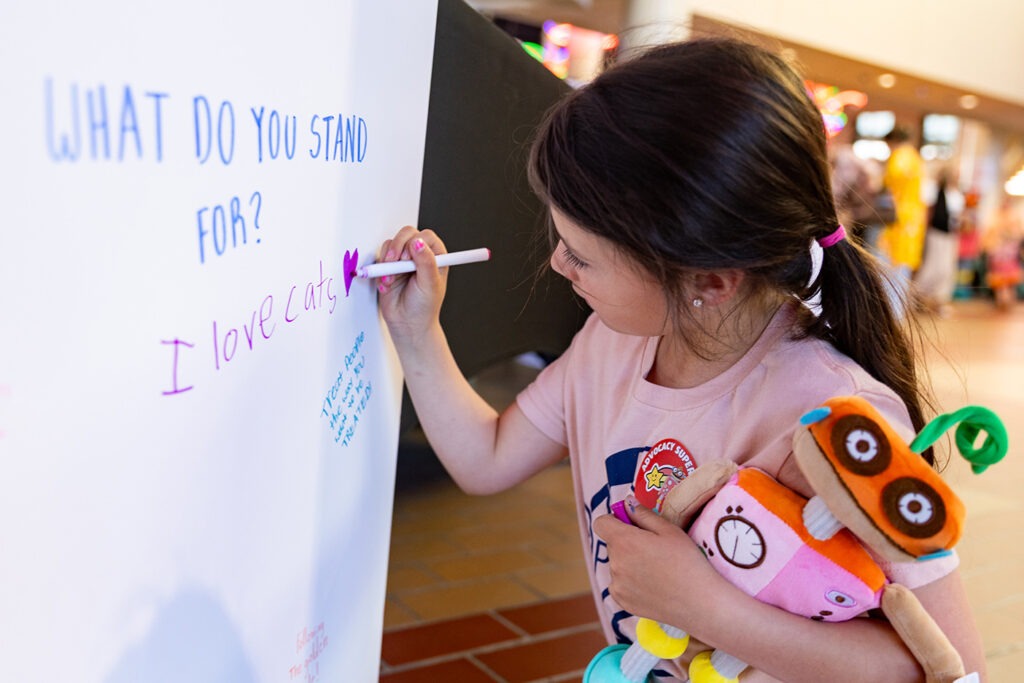
Seeking expert guidance
To ensure the experience for children is meaningful, Hyacinthe turned to Dr. Anissa Eddie for guidance.
Eddie, who holds a doctorate in child development from Michigan State University, has contributed her experience as a researcher, evaluator and educator, helping to support the development of complementary toolkits to help caregivers engage their children in activities related to the show.
“Helping caregivers think about vocabulary they can use, activities they can do and even scenarios they can discuss — that’s where my work comes in,” she said.
"The goal was to ensure Wimee’s World remains a valuable resource for families and that children learn to become kinder, more empathetic and confident in navigating relationships, their communities and the world."
Dr. Anissa Eddie
To bring everything together, Eddie hosted the show’s first formal focus group with children and families, setting up a process to continually check in on what’s working — and what’s not.
The goal, she said, was to ensure Wimee’s World remains a valuable resource for families and that children learn to become kinder, more empathetic and confident in navigating relationships, their communities and the world.
“We want to keep building a character that connects with and empowers kids across the country — one that’s universally loved, empathetic to all backgrounds and teaches kids through creativity, play and inclusion,” Hyacinthe said.
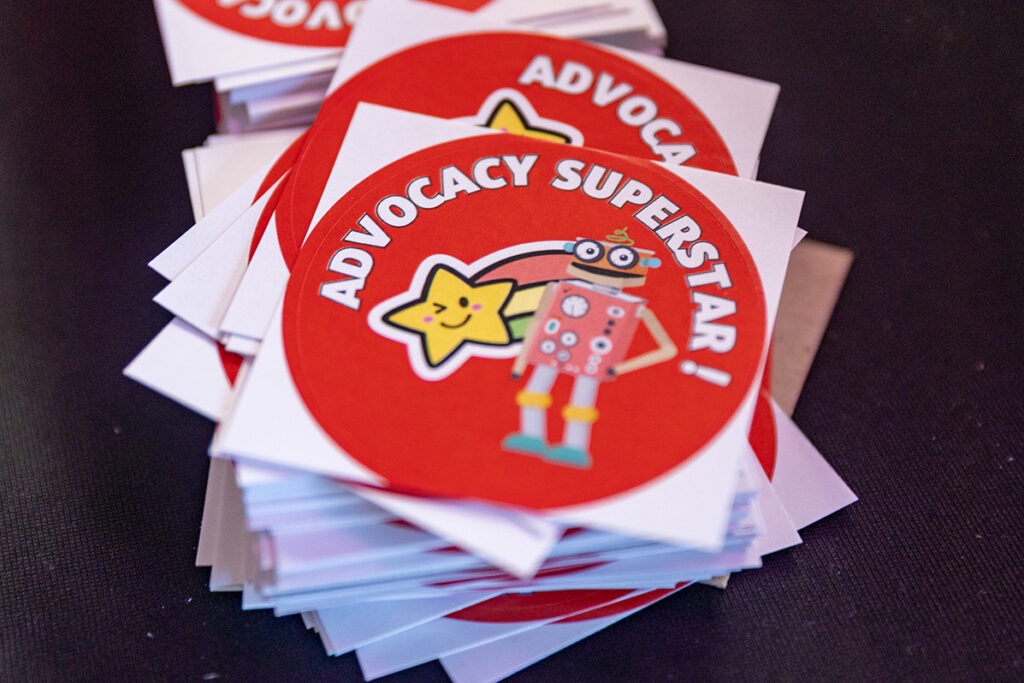
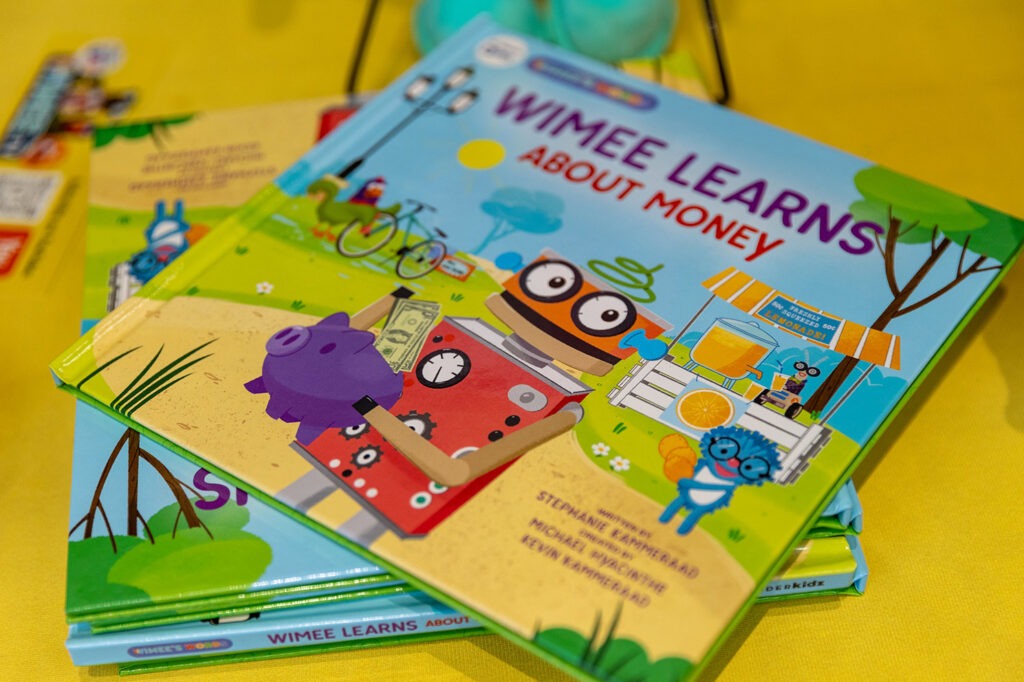
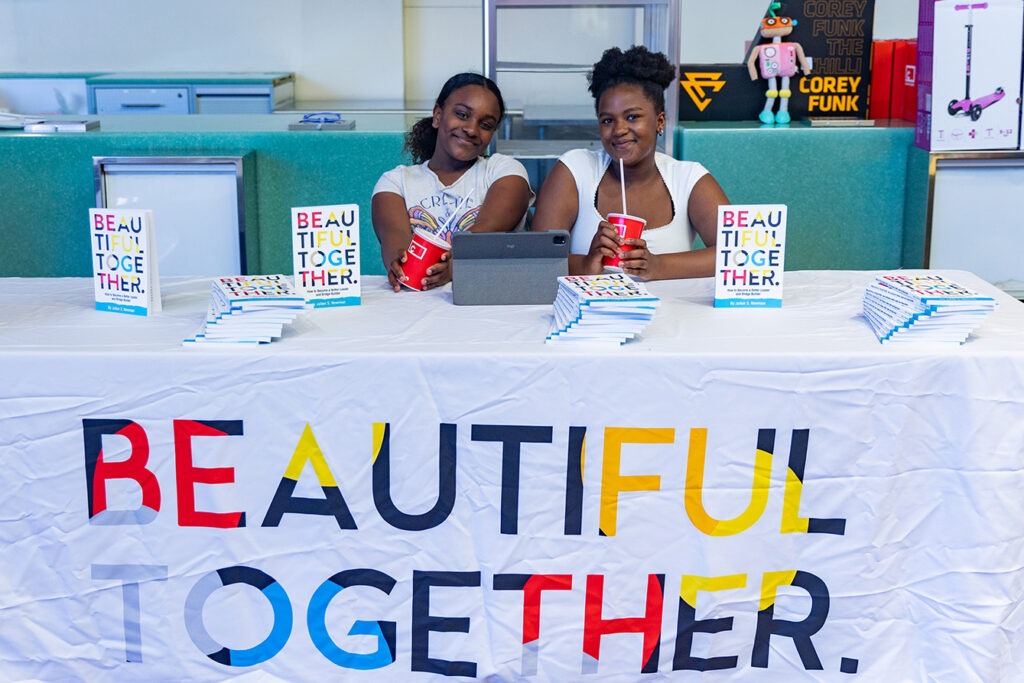
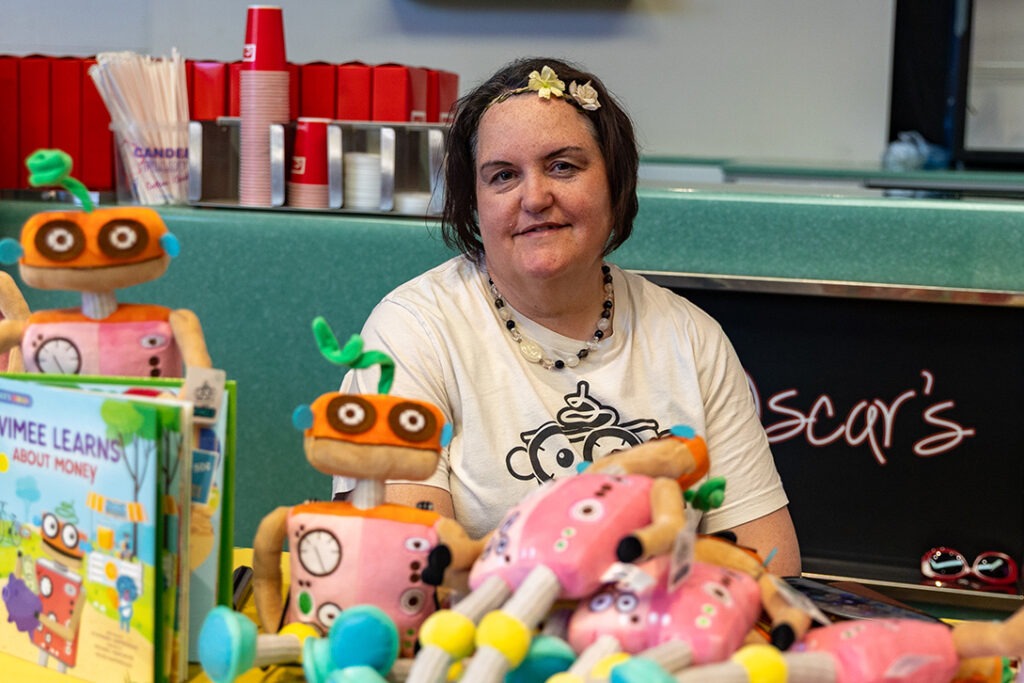
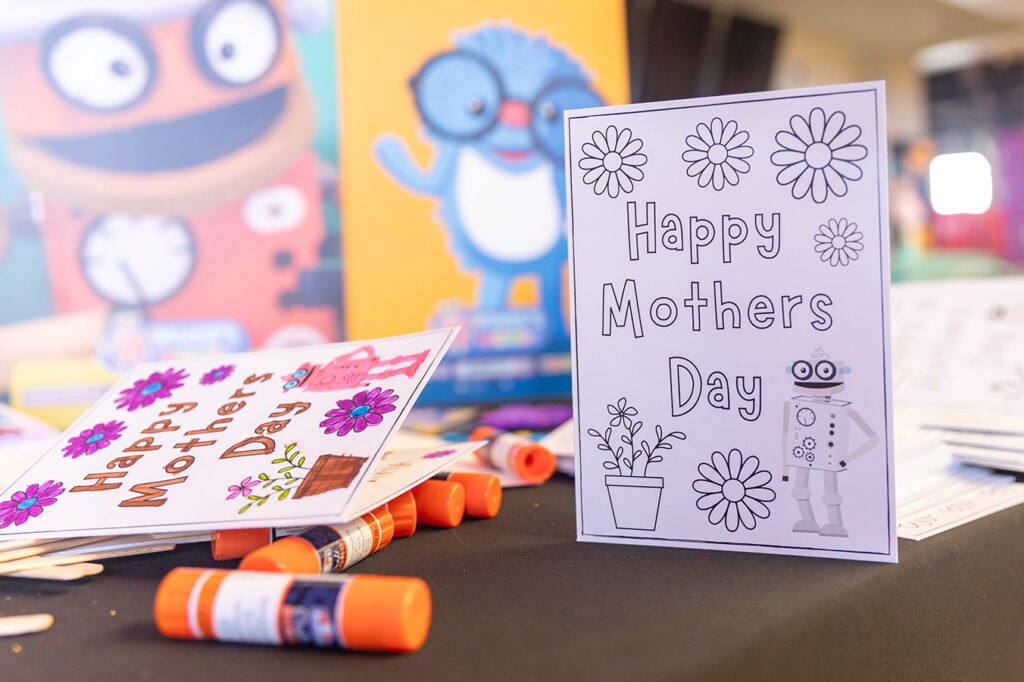
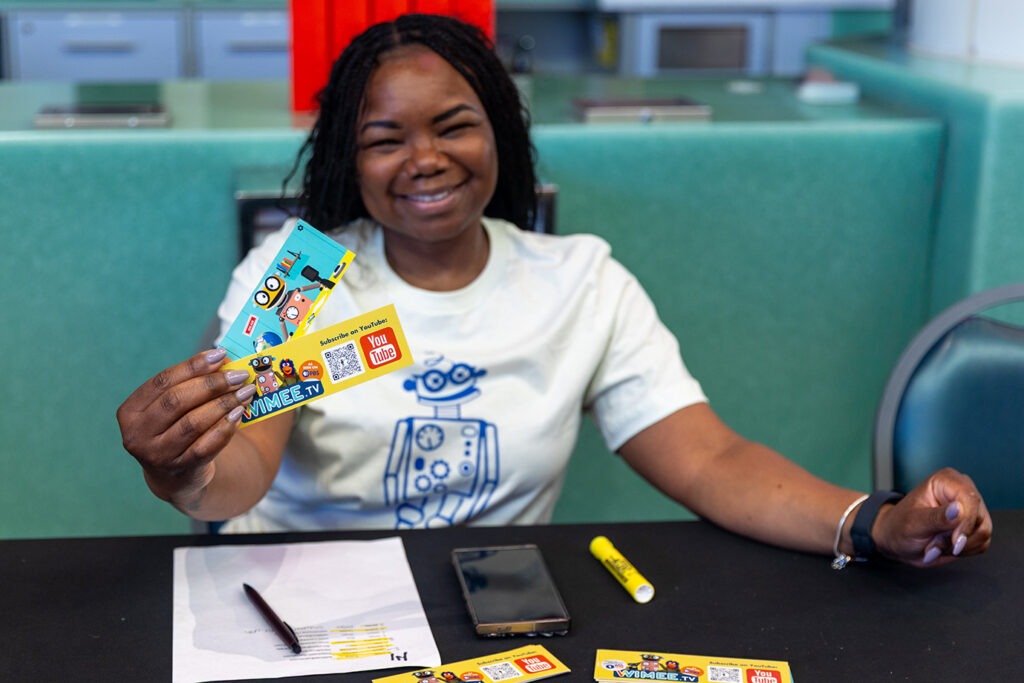
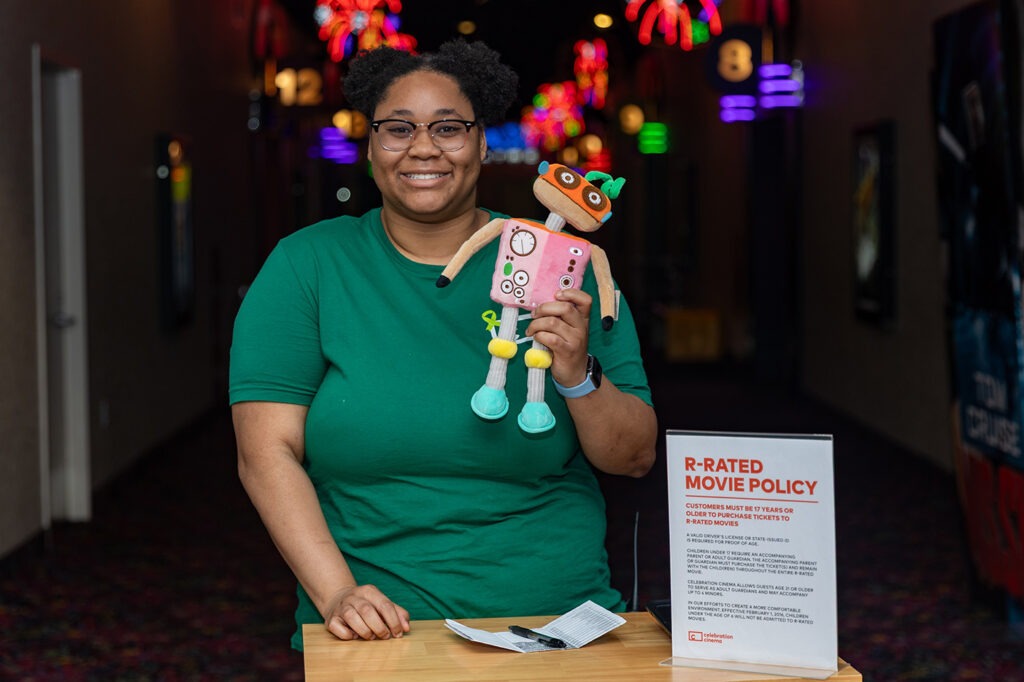
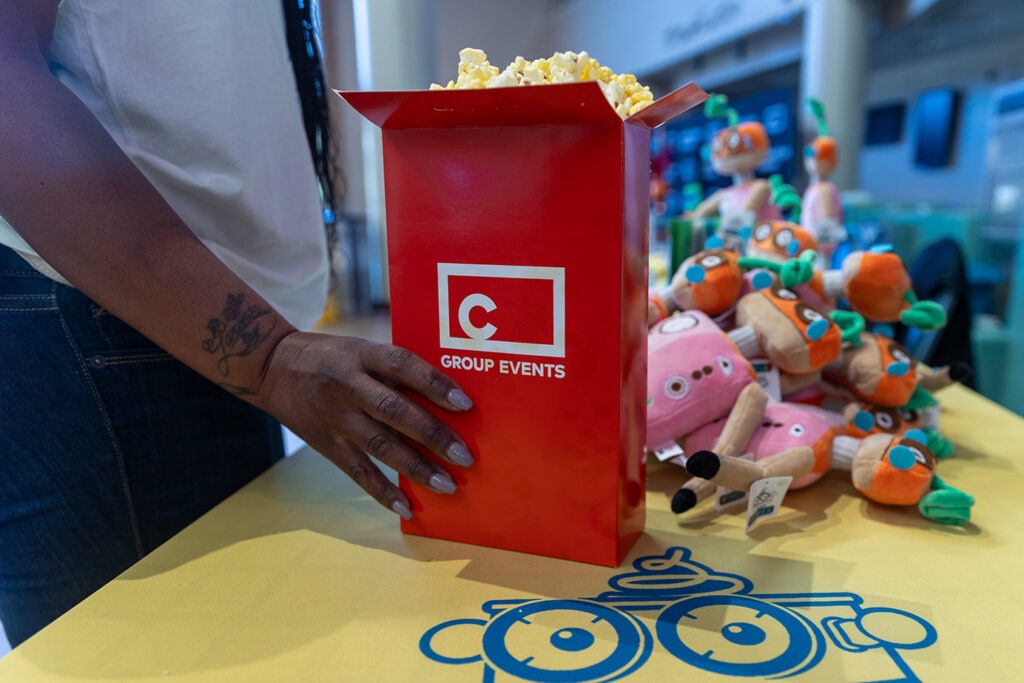
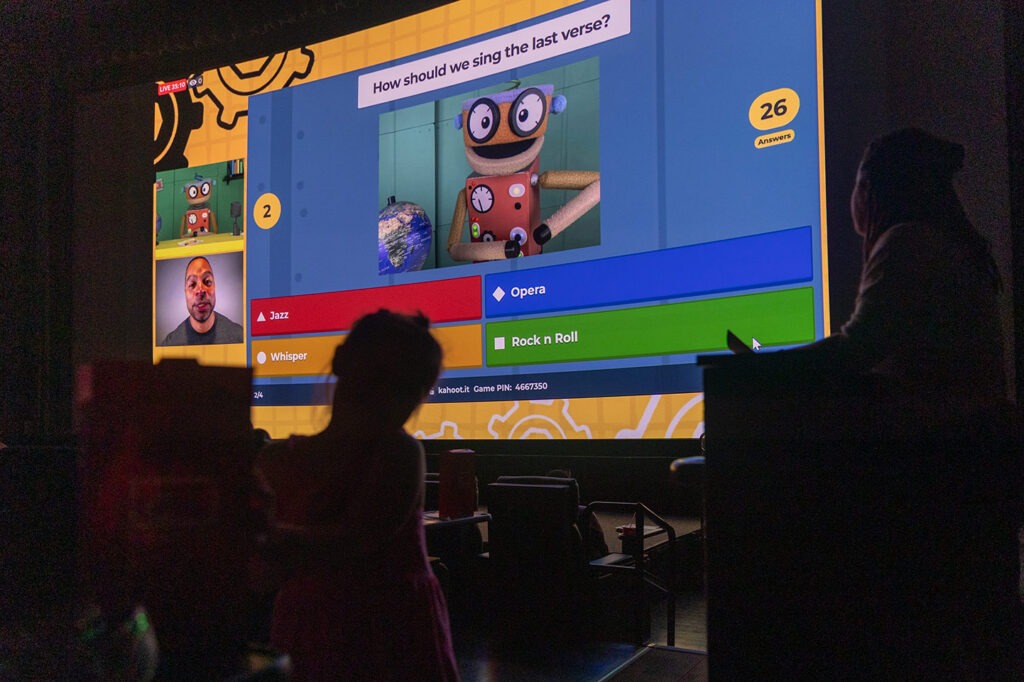
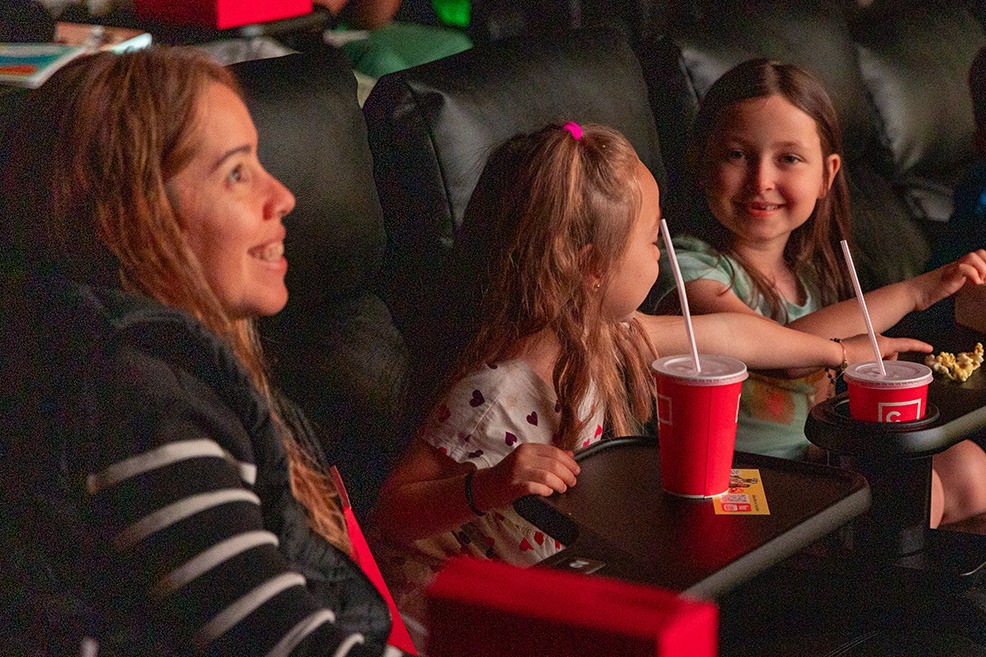

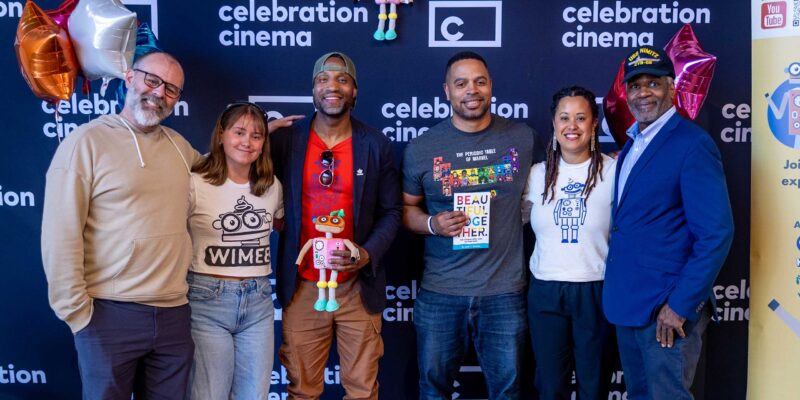
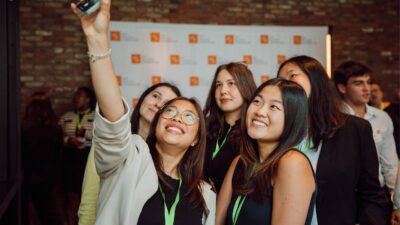
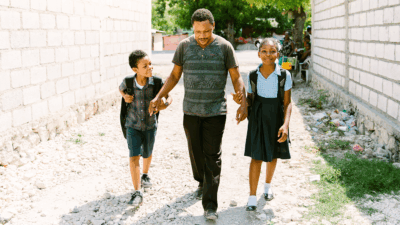
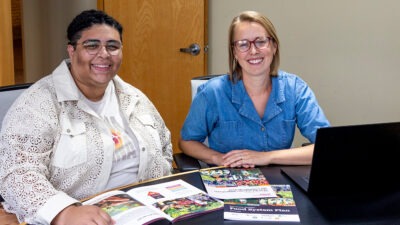
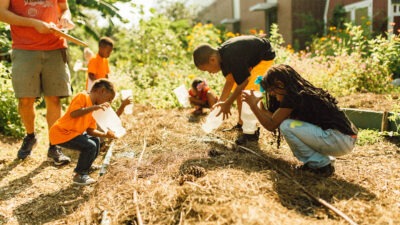

Comments